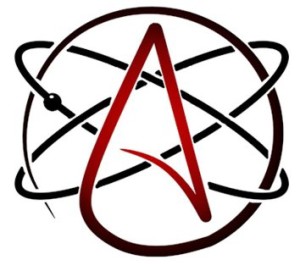- Sep 4, 2005
- 27,910
- 16,880
- Country
- United States
- Gender
- Male
- Faith
- Atheist
- Marital Status
- Single
- Politics
- US-Others
You yourself said that court decisions aren't absolute or final. Supreme Court has made decisions in the past that they negated with future ones. This notion that the ten commandments being government speech excuses it from establishment clause scrutiny is specious at best. It's still showing favoritism towards a religious group, even if it's broader than just Christianity. If they're going to be consistent, say that they must have other religious laws alongside the Decalogue or don't allow them at all. Government speech is no more absolutely protected in regards to establishment clause issues than other issues.
Correct, court rulings can negate each other...I simply provided that one because it was a comparable example (Object on/in city property with no associated legislative actions).
The idea of the ruling was the government isn't confined to being even handed in terms of expression, but only in terms of restrictions they're imposing (IE: laws).
To go with the one example Alito mentioned (you don't have allow an anti-war monument to be put up next to a Veterans memorial on public property)...however, the moment make a restriction that says "group XYZ isn't allowed to protest here, everyone else is", then you have a 1st (or 14th) amendment violation. Given the fact that it was a 9-0 ruling, the left leaning justices were on board with the notion as well. (at least in that particular circumstance).
The other aspect of this that I find particularly interesting is that so many left-leaning folks in the US often fight the hardest for this concept of "separation of Church and state", and often make the claim that the lack of separation is the reason why we haven't gotten more progressive from a social standpoint in terms of certain issues...and the religious symbolism is often what they spend most of their time targeting.
Yet, a country they aspire to be like (in terms of social progressiveness), the UK, has no such separation.
- there's one particular Church endorsed by the state
- nearly a third of their primary schools put on a "Christmas story" play
- nearly half put up nativity scenes
In fact even the EU parliament puts up this display:


Possible that they have a better grasp on the difference between expression & legislation than the progressives in the US?
They put up, with out hesitation, all of the things that progressives here seem to think are the boogeyman...yet, they have all of the kinds of legislative aspects that progressives here seem to yearn for.
Upvote
0




